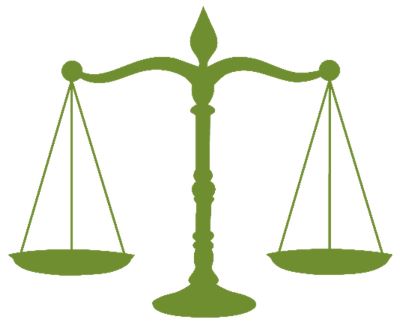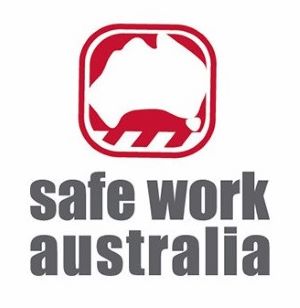WHS laws and regulations

All states and territories in Australia have laws that govern workplace safety. Each jurisdiction, other than Victoria, has a Work Health and Safety Act which sets out the legal obligations of employers, workers, contractors and others in relation to health and safety at work.
Victoria has the same type of legislation, but it’s called the Occupational Health and Safety Act.
There are also legally-binding WHS Regulations (or in the case of Victoria, OHS Regulations) that accompany the Act in each state and territory. They are sometimes referred to as ‘subsidiary legislation’ because their purpose is to provide details on how to comply with the Act through specific procedures that must be implemented in the workplace.
Terminology

In recent years, the states and territories have worked towards ‘harmonising’ their separate WHS laws by bringing them into alignment with the ‘model’ WHS Act and Regulations developed by the federal government agency, SafeWork Australia.
One of the main differences between the new WHS legislation and the older OHS legislation is the terminology used to describe ‘employers’ and ‘employees’.
Because there are so many different ways of working under the direction of a ‘boss’, the person in charge of an operation is no longer called the ‘employer’. They are now a ‘person conducting a business or undertaking’, or PCBU.
The term ‘employee’ is also no longer used, and anyone who carries out work for a PCBU is now simply called a worker. This change was needed so it could include volunteers, students, subcontractors and anyone else who works for another person or business, whether they’re technically ‘employed’ by them or not.
Regulators
The Act and Regulations are administered by the state and territory based regulators. They are called either SafeWork (in NSW and SA) or WorkSafe (in WA, Qld, Vic, Tas, ACT and NT). Their role is to provide advice on WHS matters, issue high risk licences, investigate workplace incidents and enforce WHS laws.
At a national level, SafeWork Australia conducts research into workplace safety and provides policy advice to government departments and industry bodies on workplace safety and workers compensation.